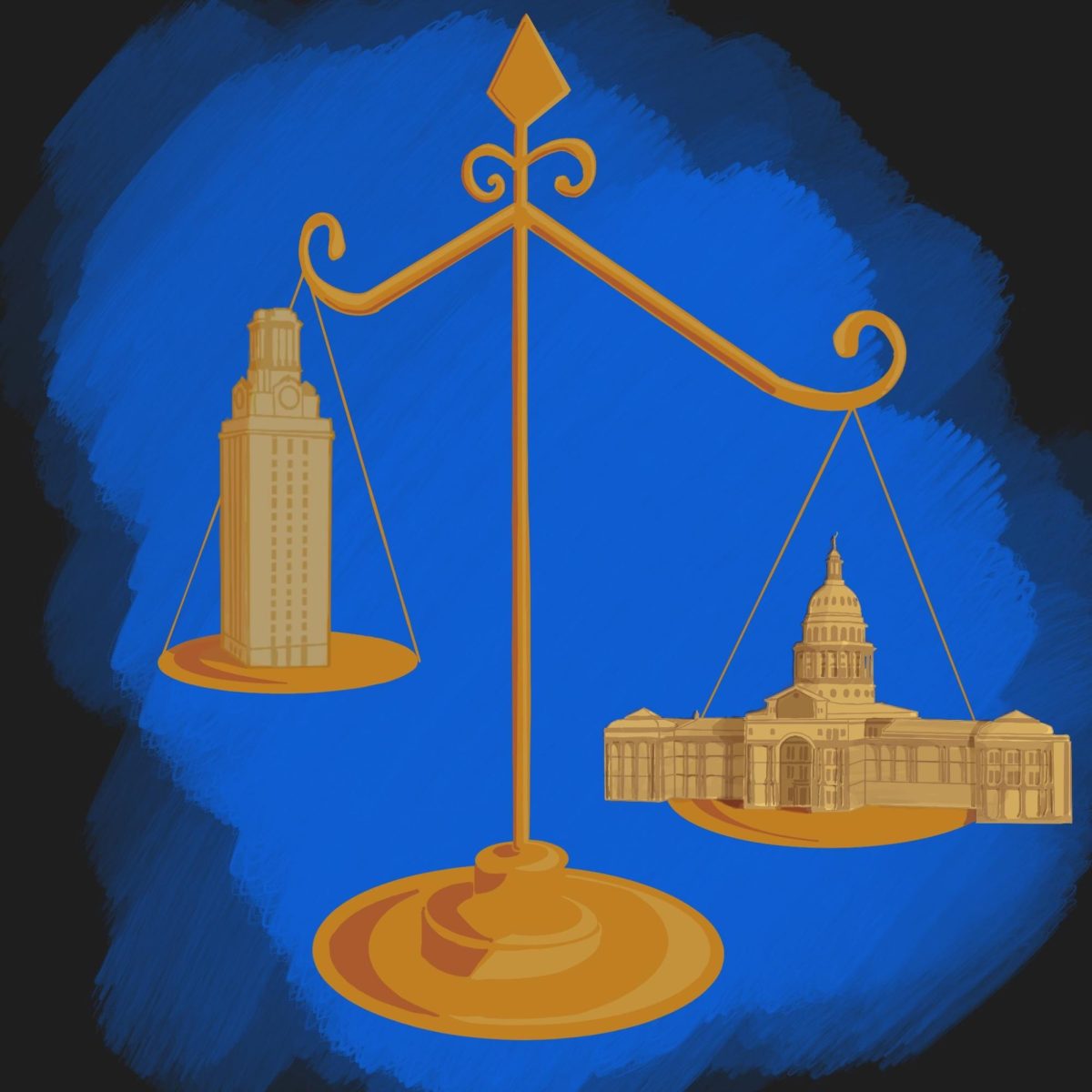Initiatives to cut costs for college students are a large component of several higher education bills filed this legislative session.
In Lt. Gov Dan Patrick’s “2017 Top Legislative Priorities,” he highlights tuition reform through Senate Bill 19, which calls for Texas public universities to temporarily limit tuition rates.
“The state has increased funding for higher education, but tuition and fees have continued to rise,” Patrick said in a statement on his website. “Taxpayers must be assured they are getting a quality education at a cost they can afford. SB 19 will prevent tuition and fees from continuing to outpace what hardworking Texans earn.”
Patrick also identified SB 18 as one of his top priorities. The bill intends to repeal Texas’ set-aside program, which requires public colleges and universities to transfer a portion of paid student tuition to support lower-income students in need of financial aid. According to Patrick’s website, SB 18 “will stop Texas families from being forced to subsidize college costs for others.”
Senator Kel Seliger, R-Amarillo, authored both SB 18 and SB 19.
During the 78th Texas Legislature in 2003, House Bill 3015 gave governing boards of public universities the ability to designate tuition rates. Prior to 2003, tuition was set by the legislature and typically maintained uniformity across the state, according to the Texas Higher Education Coordinating Board.
Following this decision in 2003, tuition rates have steadily increased. Between fall 2003 and fall 2015, the overall total tuition and fees for Texas public universities were raised by 119 percent, according to the Texas Higher Education Coordinating Board.
In addition to SB 19, House Bill 112, authored by Rep. Harold Dutton, D-Houston, proposes a limit on tuition preventing it from exceeding 85 percent of what it was in 2016, starting fall 2017.
Senate Bill 48, authored by Senator Judith Zaffirini, D-Laredo, also promotes expense reduction for college students with a proposal to exempt college students from sales tax on textbooks purchased before school starts in August and January.
While both the House and Senate proposed a budget that includes formula funding and state financial aid for universities and colleges, the Senate proposed a cut in most “special item” funding, which refers to initiatives such as museums, observatories and cross-institutional collaborations.
Harrison Keller, clinical professor at the Lyndon B. Johnson School of Public Affairs, said the current budget is not final and will likely change throughout the course of the legislative session as the House and Senate convene to produce a joint budget.
“We’re just at the beginning of a long and complex process,” Keller said. “They (readers) shouldn’t read either the house-filed budget or the senate-filed budget as if that’s the final word.”
Despite the $1 billion budget shortage this session, Lt. Gov. Dan Patrick said higher education remains a top priority.
The Senate Committee on Higher Education, led by Chairman Seliger, and a committee that will later be formed in the House to address higher education will discuss these bills and more like them in the coming weeks.
“The focus should be on how to make higher education more accessible and affordable, rather than how to get the state, and students, to pay more,” Seliger said in a statement.



















